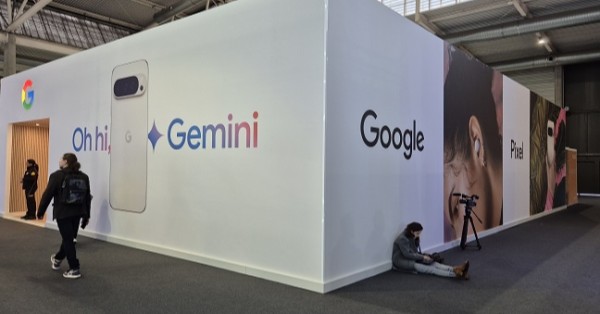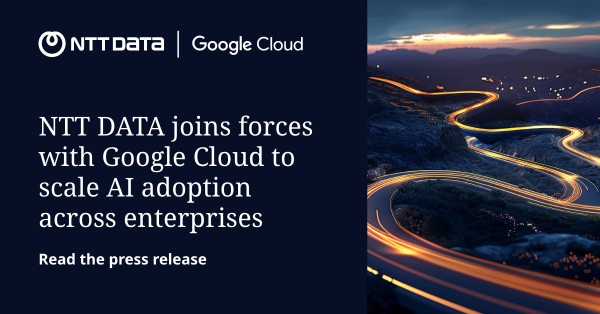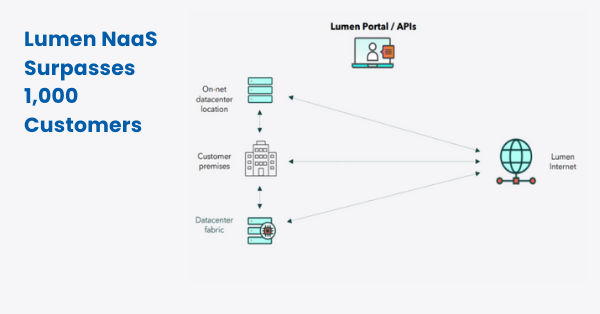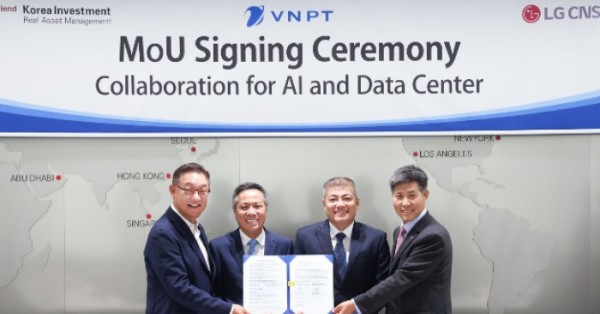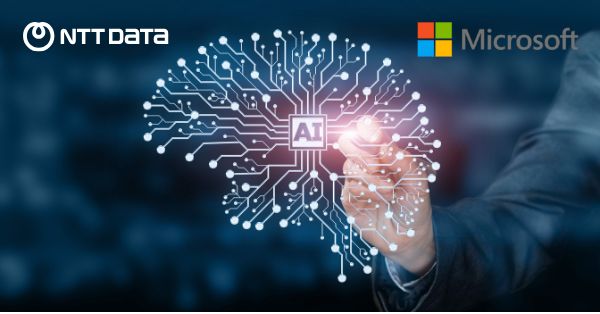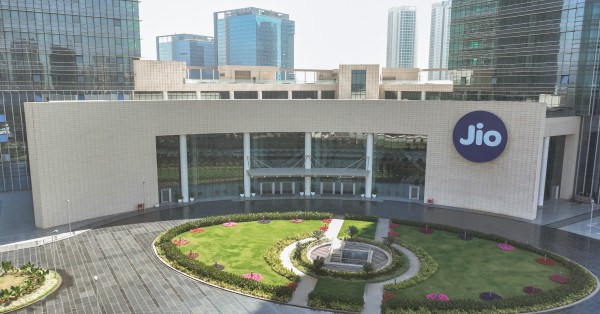In a strategic move that underscores the growing intersection of telecom and AI, SK Telecom (SKT) has integrated Google’s Gemini 2.0 Flash into its AI personal assistant, adot. This integration not only positions adot as one of the most advanced AI-driven assistants in the telecom space but also strengthens SKT’s long-term vision of becoming a global leader in AI innovation.
The upgrade brings real-time Google search, source page navigation, and support for a total of 12 large language models (LLMs) to adot, making it a powerful platform for accurate, dynamic, and transparent information retrieval. As a result, adot’s user base has surged from 3.2 million in 2023 to a projected 8 million by the end of 2024, highlighting the growing consumer appetite for intelligent, AI-enhanced tools in daily life.
Gemini 2.0 Flash: A Game-Changer for Adot
The integration of Gemini 2.0 Flash, Google AI’s cutting-edge large language model, brings significant performance gains to adot. Known for its fast response time and optimized information delivery, Gemini enables:
- Real-time Google Search results
- Direct access to source pages for verification
- Faster, more accurate responses to user queries
This enhancement fosters a more transparent and trustworthy user experience, allowing users to fact-check information on the spot. In an age of misinformation, this feature is crucial, giving SKT users an AI assistant that doesn’t just answer—but also justifies and verifies.
Supporting 12 LLMs: A Versatile AI Ecosystem
With Gemini 2.0 Flash onboard, adot now supports 12 different LLMs, offering users the flexibility to choose or compare responses across multiple AI engines. The lineup includes:
- SKT’s proprietary A.X model
- Perplexity AI’s Sonar and Sonar Pro
- OpenAI’s ChatGPT 4o, 4o mini, o1-mini, and o1-preview
- Anthropic’s Claude 3.5 Sonnet, 3.5 Haiku, and 3 Opus
This multi-model architecture allows users to tap into diverse AI perspectives, tailoring interactions based on their preferences, use cases, or content types. It positions adot not just as an AI assistant but as a cross-platform AI interface for enterprise and consumer-grade applications.
Real-Time Search and Source Navigation: A New Standard in Transparency
The real-time search and source verification capabilities added through Gemini are redefining the standard for digital assistants. Unlike traditional assistants that provide single-source answers, adot now empowers users to:
- Verify claims through original source links
- Dive deeper into topics using contextual page summaries
- Make informed decisions based on trusted content
This is especially impactful in professional, academic, and enterprise environments where information accuracy is paramount. By embedding transparency into AI workflows, SKT is improving user trust and redefining what responsible AI looks like in telecom services.
Skyrocketing Adoption: From 3.2M to 8M Users
Since the Gemini integration, adot has experienced a massive user growth trajectory. From 3.2 million users in 2023 to a projected 8 million by late 2024, the growth reflects:
- Rising demand for AI tools that assist with everyday tasks
- Increased consumer trust in AI-backed platforms
- SK Telecom’s proactive AI marketing and deployment strategies
This user base expansion not only represents a technological success but also signals shifting user behavior, where digital assistants are becoming central to daily decision-making, search, and productivity.
Economic Upside: AI as a Revenue and Efficiency Driver
The economic implications of adot’s upgrade are significant. By embedding Gemini 2.0 Flash, SKT opens new monetization opportunities through:
- Subscription models for premium AI features
- Enterprise partnerships offering white-labeled AI assistants
- Ad-based or data-driven business intelligence services
Additionally, SKT stands to benefit from reduced operational costs through AI-driven automation in customer support, network management, and service delivery. With 11% enterprise revenue growth in Q2 2024, largely fueled by cloud and data center services, SKT is proving that AI can be both a product and a platform for profitability.
Societal Impact: Enhancing Information Accuracy and Access
Beyond business benefits, the Gemini-powered adot plays a critical role in social responsibility:
- Reduces misinformation through real-time fact-checking
- Promotes digital literacy by encouraging source verification
- Bridges accessibility gaps by simplifying information access for a broader user base
However, as AI assistants like adot become central information hubs, they may also foster overdependence on automated tools, potentially impacting critical thinking. SKT’s challenge will be to balance convenience with digital empowerment, ensuring users remain informed and discerning.
Navigating Regulatory and Ethical Considerations
As AI usage grows, so do concerns around data privacy, algorithmic bias, and content moderation. The integration of Google’s technologies raises important questions:
- How is user data being collected and used across LLMs?
- What safeguards are in place to prevent biased or harmful outputs?
- How transparent is the AI’s decision-making process?
SK Telecom, through its participation in the Global Telco AI Alliance, is expected to collaborate on shared governance frameworks that address these concerns while ensuring innovation doesn’t outpace accountability.
Strategic Roadmap: AI at the Core of SKT’s Future
The integration of Gemini 2.0 Flash is part of a broader transformation within SK Telecom. The company is actively:
- Expanding its AI footprint via cloud services and enterprise solutions
- Investing in data center infrastructure for large-scale AI deployment
- Participating in global AI alliances to shape future industry standards
With AI now at the core of SKT’s strategic vision, adot is just the beginning. Future initiatives may include:
- Industry-specific AI agents for logistics, healthcare, and smart cities
- Real-time translation assistants for international customers
- AI-enhanced telecom operations, reducing downtime and improving network resilience
Expert Reactions: Industry Leaders Weigh In
Kim Yong-hoon, Head of SKT’s adot division, stated: “With Gemini 2.0 Flash, adot becomes more than just an assistant—it becomes a trustworthy AI companion with unmatched access to global intelligence.”
Google AI Leadership commented:“This is a milestone moment. The integration shows how Gemini can amplify the power of digital platforms and democratize access to real-time, factual information.”
These endorsements confirm that Gemini’s integration is not a novelty—it’s a benchmark, setting new standards for what AI-powered telecom services should look like.
Conclusion: SK Telecom Charts a Bold AI Future
SK Telecom’s integration of Google Gemini 2.0 Flash into adot reaffirms its commitment to AI leadership in telecom. With a growing user base, a powerful multi-model architecture, and deep integration of real-time data tools, adot now represents one of the most advanced AI personal assistants in the global telecom sector.
As SKT continues to evolve its AI stack, it is well-positioned to redefine user engagement, enterprise AI services, and digital infrastructure in South Korea and beyond. The challenge ahead lies in maintaining user trust, regulatory compliance, and ethical integrity, while unlocking the transformative potential of AI.



